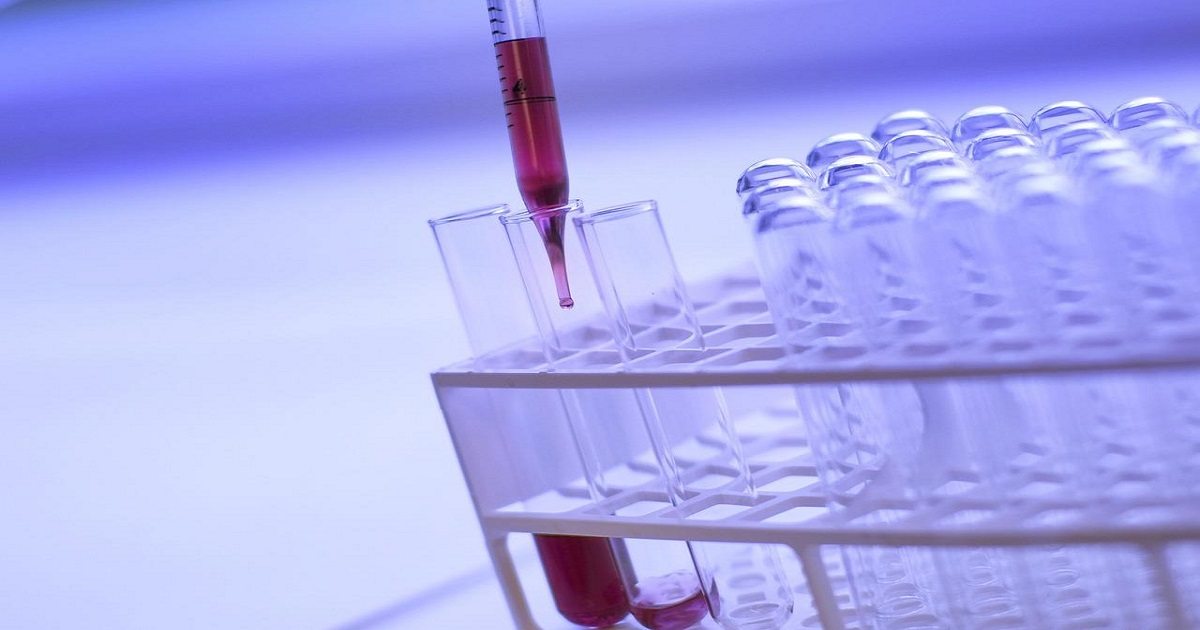Immunotherapy Drugs in the Pipeline for FDA Approval May Mean New Treatments for Mesothelioma Patients

Since 1891 when Dr. William Coley of New York first began toying with the immune system and saw success resulting in complete remission in a cancer patient, researchers have doggedly pursued a way to reignite a failing immune system to fight back cancer. Now, in a field that can take years to bring a new anti-cancer drug to market, two pharmaceutical companies have announced they are on the brink of bringing new immunotherapy treatments to cancer patients.
Both Kite Pharma and Juno Therapeutics report they anticipate approval by the U.S. Food and Drug Administration in 2017 of their currently experimental chimeric antigen receptor (CAR) T-cell therapy treatments, according to a June 6 Fox News Health article. Trials with the drugs, KTE-C19 and JCAR015, respectively, have shown complete remissions in some leukemia and non-hodgkins lymphoma patients.
“Some of these responses are amazing in patients who would never have responded to anything,” said ASCO President Dr Julie Vose, according to Fox.”The question is, is it practical? We are now seeing results for more patients, and longer follow up.”
Mesothelioma, an aggressive, asbestos-caused cancer, is much like leukemia in that patients have limited treatments options that typically involve therapy that can leave them with a poor quality of life and, still, a poor prognosis. However, with the success of the T cell therapy in leukemia patients, mesothelioma patients are hopeful the therapy will be just as effective for the currently incurable cancer.
CAR T-cell therapy is a way to get immune cells, or T cells, to fight cancer cells. The process involves removing patients’ cells and genetically modifying them so they will attack tumor cells, then infusing the new cells back into the patient’s body. The revised T cells then seek out and kill the tumors in the patients.
Juno Touts Drug Can Bring 90 to 100 percent of Patients Into Remission
In its clinical trial of leukemia patients, Juno reported “complete response was observed in 23/30 (77%) patients with morphologic disease and in 18/20 (90%) patients with minimal disease” when treated with chemotherapy followed by an infusion of JCAR015, according to a June 4 press release from Juno.
“These are patients that are relapsed and refractory. They are going to die of their disease,” said Juno’s Chief Executive Officer Hans Bishop, according to Fox News. “We can get 90 to 100 percent of them into remission, and a meaningful percentage of them have durable remission.”
Although some of the patients experienced “a severe inflammatory response to the altered cells,” a potential issue with CAR T-cell therapy, Bishop reports the company has developed a tool to help determine risky patients, as reported by Fox.
“The ongoing efficacy and duration of response for a large percentage of patients, specifically those who do not go on to stem cell transplant, continues to be impressive,” said Mark J. Gilbert, M.D., Juno’s Chief Medical Officer.
Kite Pharma Reports High Response Rate
In a June 6 press release, Kite Pharma, “dedicated to achieving one of the most ambitious goals of 21st century medicine: curing cancer,” announced results from a study of low-dose chemotherapy followed by its KTE-C19 treatment. The results, according to the company, showed that CAR T-cell therapy “was effective in inducing a high response rate in patients with advanced non-Hodgkin lymphoma.”
In the study of 22 patients, objective responses were seen in 73% of the patients, with 55% achieving complete responses following a chemotherapy conditioning treatment. In a second study the researchers saw complete responses in more than half of the patients.
Based on the results of the trials, the research team believes the results will lead to a new treatment for lymphoma.
“In the near future, CAR-T cells will likely be a standard therapy for lymphoma,” said lead study author James Kochenderfer, an investigator at the National Cancer Institute.
3,000 Americans are diagnosed with mesothelioma each year. Many of these patients rely on research and clinical trials for all types of cancer in hopes it will someday present them with an effective treatment for mesothelioma cancer. Currently, there is no known cure for mesothelioma.
For a complete history of immunotherapy see the Timeline of Progress on the Cancer Research Institute’s website.
http://www.cancerresearch.org/our-strategy-impact/timeline-of-progress/timeline-detail
Sources:
- Kite Pharma
http://kitepharma.com/ - Fox News Health
http://www.foxnews.com/health/2016/06/06/cancer-cell-therapies-could-be-approved-next-year-juno-kite-pharma.html - Juno
https://www.junotherapeutics.com/
